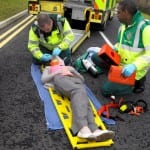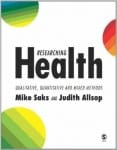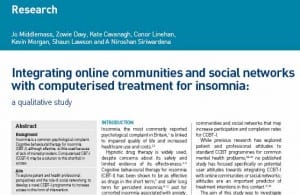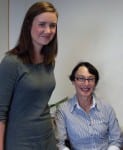 The SAFER 2 study is a randomised controlled trial of the clinical and cost effectiveness of new protocols for emergency ambulance personnel to assess and refer older people who fall to appropriate community based care. The protocol for the study, led by Prof Helen Snooks at Swansea University and including Prof. Niro Siriwardena of the CaHRU and East Midlands Ambulance Service NHS Trust as a collaborator, has recently been published in BMJ Open:
The SAFER 2 study is a randomised controlled trial of the clinical and cost effectiveness of new protocols for emergency ambulance personnel to assess and refer older people who fall to appropriate community based care. The protocol for the study, led by Prof Helen Snooks at Swansea University and including Prof. Niro Siriwardena of the CaHRU and East Midlands Ambulance Service NHS Trust as a collaborator, has recently been published in BMJ Open:
The study measured the costs and benefits of a novel protocol implemented by emergency ambulance paramedics caring for older people who had fallen, allowing the paramedic to assess and refer appropriate patients to a community based falls service. The study involved ambulance services in London,Wales,East Midlands. Stations were randomly allocated to implement the new protocol (intervention) or continue to provide care according to their standard practice (control).
Paramedics based at the stations selected for the intervention group received additional training, protocols and clinical support to enable them to assess older people and decide whether they need to be taken to the Emergency Department (ED) immediately, or whether they could benefit from being left at home, with a referral to a community falls service. The study compared costs, processes and outcomes of care (particularly subsequent 999 calls and ED attendances for falls) at 1 and 6 months for patients aged 65 or over who had fallen together with other quantitative and qualitative data.
The study was recently been completed and, currently in the final data collection phase, is due to be published next year.


